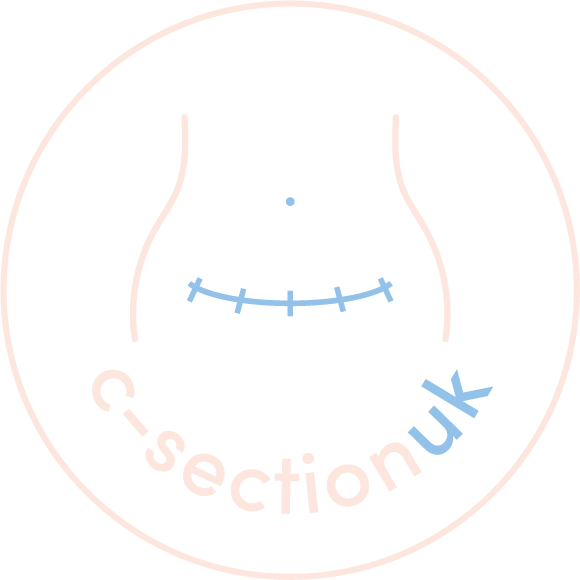C-Section Anxiety: Dealing with the Emotional Side of Recovery
Recovering from a C-Section is not just about healing physically. For many women, the emotional and mental impact of a C-Section can be just as significant—especially when anxiety creeps in during or after recovery. Whether your c-section birth was planned or unexpected, the feelings you’re experiencing are real and valid.
Let’s talk about C-Section anxiety, what it looks like and how you can take care of your mental wellbeing as you heal.
What is C-Section Anxiety?
C-Section anxiety is a common emotional response that can affect women before or after their caesarean. It may involve:
Worrying about your recovery or future births
Intrusive thoughts about the surgery itself
Fears about bonding with your baby or your ability to care for them
Feeling out of control or “disconnected” from your birth experience
For some women, these feelings pass quickly. For others, they linger and can interfere with sleep, daily activities, or parenting.
Dealing with Feelings of Anxiety
You’re not alone in feeling overwhelmed. The emotional impact of a C-section can be deep and complex—especially if the birth didn’t go as you hoped.
Let’s explore a few common emotional challenges you might face:
Body Image Anxiety
A C-Section leaves a visible scar and can change the way your stomach feels or looks. It’s normal to grieve your pre-pregnancy body, especially if you're dealing with swelling, numbness, or unexpected changes.
Try not to rush your healing or compare yourself to others. Your body has done something incredible, and healing takes time—physically and emotionally.
Post-Traumatic Stress or Birth Trauma After a C-Section
Some women describe their C-Section as traumatic, especially if it was an emergency or if they felt out of control. You may experience:
Flashbacks of the surgery
Nightmares
Avoiding anything that reminds you of the experience
If these symptoms persist, it could be a sign of post-traumatic stress disorder (PTSD). This is more common than many people realise—and help is available.
Depression
Anxiety and depression often overlap. You might notice low mood, lack of energy, guilt, or feeling emotionally numb. Postnatal depression can affect mothers after any kind of birth, including C-Sections.
If your emotional health is interfering with bonding with your baby or enjoying everyday life, it’s okay to reach out for support.
How Long Does Anxiety Last After a C-Section?
There’s no single timeline for recovery. Some mothers feel better within a few weeks, while others experience anxiety for months—especially if they're not getting the support they need.
If your symptoms don’t improve, or if they begin to affect your day-to-day life, speak to your GP, midwife or health visitor. Anxiety isn’t something you have to “tough out.” The sooner you get support, the sooner you can start feeling better.
Tips for Managing Your Anxiety During Recovery
Here are five ways to gently support your emotional health while you heal:
1) Talk About How You Feel
Whether it's with your partner, a friend, or a support group, sharing your feelings can be a huge relief. Don't underestimate the power of being heard and understood.
2) Practice Gentle Self-Care
This isn’t about bubble baths (though those help too). It’s about giving yourself permission to rest, ask for help, and take small moments for yourself each day.
3) Keep a Recovery Journal
Writing down your thoughts, feelings, and milestones can help you process what you’ve been through. It also shows how far you've come.
4) Avoid Doom-Scrolling or Comparison
Social media can paint unrealistic pictures of “perfect” recoveries. Unfollow accounts that make you feel inadequate and focus on your unique journey.
5) Learn About the Birth or Postnatal Journey
Understanding what happened during your C-Section can sometimes help ease fear and confusion. Ask your healthcare provider to explain your notes, or speak to a birth trauma counsellor who can walk you through it.
Where Can I Get Support?
You don’t have to manage anxiety alone. There are many resources available for emotional recovery after a C-Section:
Your GP or health visitor – for referrals to counselling, therapy, or medication if needed
Birth trauma support – like Birth Trauma Association
Maternal mental health services – available in most NHS trusts
Peer support groups – such as online forums, local mum meet-ups or communities like c-sectionUK
Mind and Tommy’s – both offer guidance on mental health during and after pregnancy
Healing after a C-Section is about more than stitches and scars. Your emotions matter just as much. Be kind to yourself, ask for support, and know that recovery is not a race—it’s a journey.
